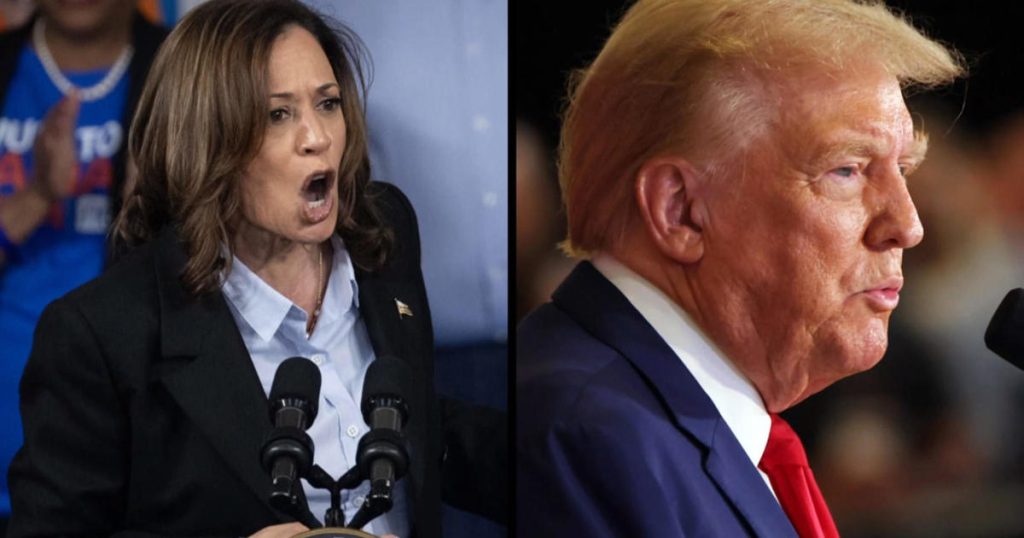Former President Donald Trump has stated that he will not participate in a second debate with Vice President Kamala Harris. Trump made this announcement on social media following his recent debate with Harris. He compared his decision to that of a prizefighter who loses a fight and immediately requests a rematch. This decision comes amidst ongoing debates about the 2024 presidential election.
Trump’s announcement was met with mixed reactions from both his supporters and critics. Some believe that a second debate between Trump and Harris could provide valuable insights into the policies and plans of both candidates. Others argue that Trump’s decision reflects a lack of confidence in his ability to debate effectively against Harris. The decision also sparked discussions about the impact of debates on the public perception of political candidates.
The decision not to participate in a second debate raises questions about the future of political debates in the United States. Debates have traditionally been a key component of the election process, allowing candidates to present their viewpoints and engage with voters. However, recent debates have been criticized for their lack of substantive discussion and focus on personal attacks. Trump’s decision not to participate in a second debate could signal a shift in how candidates approach these events.
The announcement comes as Trump continues to be a prominent figure in American politics, despite his loss in the 2020 presidential election. His refusal to participate in a second debate with Harris could have implications for the upcoming 2024 presidential election. Some speculate that Trump may be considering another run for president, and his decision not to debate Harris could be a strategic move in this regard. Others view his decision as a sign of his waning influence in the political arena.
The debate between Trump and Harris was watched by millions of Americans, and their decision not to participate in a second debate could disappoint those who were looking forward to hearing more from both candidates. The outcome of the debate also highlighted the deep political divisions in the country, with supporters of both candidates expressing strong opinions about the debate and its participants. The decision not to hold a second debate raises questions about the future of debates in American politics and how they contribute to the electoral process.
Overall, Trump’s decision not to participate in a second debate with Harris has sparked discussions about the future of political debates, the impact of debates on the public perception of candidates, and the implications for the upcoming 2024 presidential election. While some view Trump’s decision as a strategic move, others see it as a sign of his waning influence in American politics. The decision not to hold a second debate could disappoint voters who were looking forward to hearing more from both candidates and raises questions about the role of debates in the electoral process.


